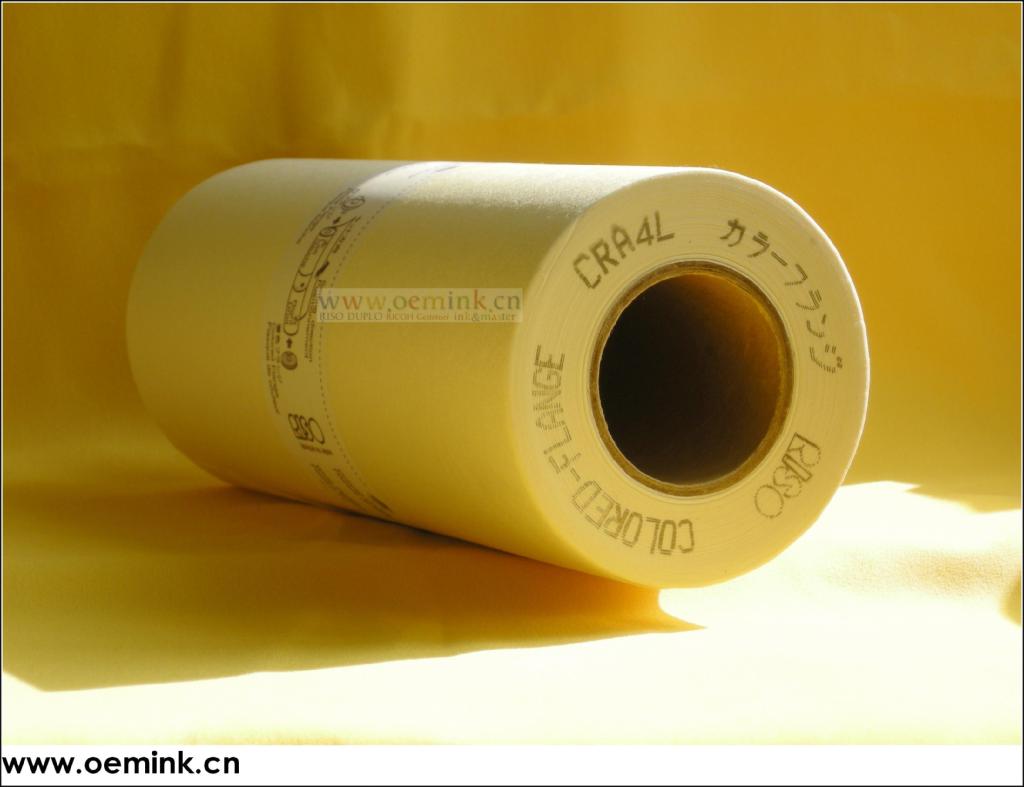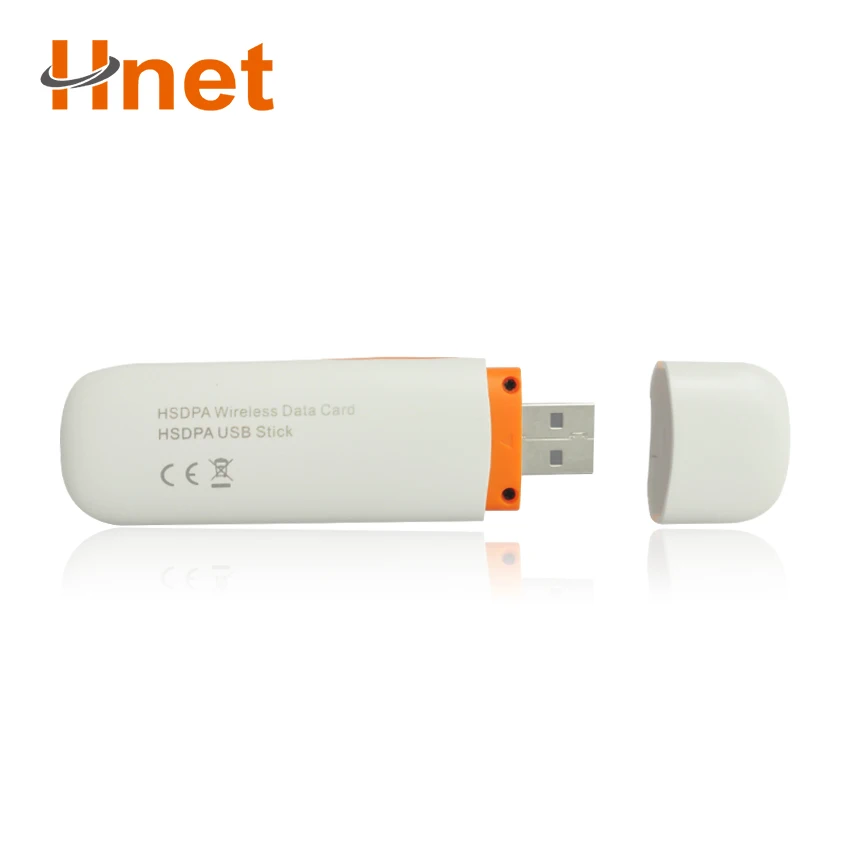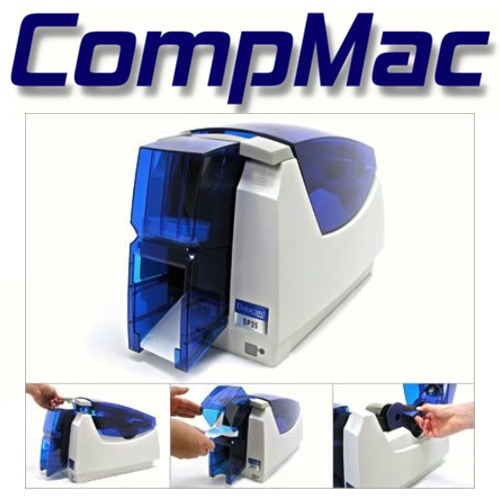- Data Card Driver For Windows 10
- Data Card Driver Download
- Data Card Printer Driver
- Data Card Driver For Windows 7
- Garmin Data Card Reader Driver
Card controls are the building blocks of the Edit form and Display form controls in canvas apps. The form represents the entire record, and each card represents a single field of that record.
The Datacard XPS Card Printer Driver uses Microsoft XPS print technology to support card production using an SD Series, CD8xx Series, CE840 and CR805 systems. The following operating Systems (latest service pack recommended) are supported with the XPS Card Printer Driver v7.4: Windows 10, 32 and 64-bit; Windows 8.1, 32 and 64-bit.
- A data card is a device used as a modem to connect to the Internet. As the USB drivers are included in Windows, you need to plug in the USB device to the computer and the computer will automatically install the USB drivers.
- Download video card drivers or install DriverPack Solution software for driver scan and update. Download drivers for video.
You can interact with cards most easily in the right-hand pane after you select a form control in the design workspace. In that pane, you can choose which fields to show, how to show each field, and in what order to show them. This example shows an Edit form control in an app built from a SharePoint list that's named Assets.
To get started with cards, see add a form and understand data forms. The remainder of this article goes into more detail about how cards work and how you can customize or even create your own.
Predefined cards
Power Apps offers a predefined set of cards for strings, numbers, and other data types. In the right-hand pane, you can see the variations available and change the card used for a field:
In this example, a single-line text card is selected, but the URL's text is longer than can be shown on a single line. Let's change this to a multi-line text card to give our users more room to edit:
Several fields of this data source aren't being shown, but you can show or hide a field by selecting its checkbox. This example illustrates how to show the SecurityCode field.
Customize a card
Cards comprise other controls. In an Edit form control, the user enters data in a standard Text input control that you add from the Insert tab.

Let's walk through an example of how to change a card's appearance by manipulating controls in it.
Data Card Driver For Windows 10
First, let's return to the card that we inserted most recently, for the SecurityCode field. Select this card by clicking or tapping it once:
Select the Text input control inside the card by clicking or tapping the input control itself.
Move this control within the card by dragging the selection box, and resize the control by dragging the handles along the edge of the selection box:
You can resize, move, and make other modifications to controls within a card, but you can't delete it without unlocking it first.
Unlock a card
In addition to containing controls, cards themselves are controls that have properties and formulas just like any other control. When you choose to display a field on a form, the right-hand pane automatically creates the card for you and generates the needed formulas. We can see these formulas in the Advanced tab of the right-hand pane:
We immediately see one of the most important properties of the card: the DataField property. This property indicates which field of the data source the user sees and can edit in this card.
On the Advanced tab, the banner at the top indicates that the properties of this card are locked. A lock icon also appears next to the DataField, DisplayName, and Required properties. The right-hand pane created these formulas, and the lock prevents accidental changes to these properties.
Click or tap the banner at the top to unlock the card so that you can modify these properties:
Let's modify the DisplayName to put a space between Asset and ID. By making this change, we're altering what was generated for us. In the right-hand pane, this card has a different label:
We've now taken control over this card and can modify it further to fit our need. But we've lost the ability to change the card from one representation to another (for example, single-line text to multi-line text) as we did before. We've transformed the predefined card into a 'custom card' that we now control.
Important
You can't relock a card if you unlock it. To get a card back to a locked state, remove it, and reinsert it in the right-hand pane.
You can change the appearance and behavior of an unlocked card in a variety of ways, such as adding and deleting controls within it. For example, you can add a star shape from the Icons menu on the Insert tab.
The star is now a part of the card and will travel with it if, for example, you reorder the cards within the form.
As another example, unlock the ImageURL card, and then add an Image control to it from the Insert tab:
In the formula bar, set the Image property of this control to TextBox.Text, where TextBox is the name of the Text input control that holds the URL:

And now we can see the images and edit their URLs. Note that we could have used Parent.Default as the Image property, but it wouldn't have updated if the user changed the URL.
We can do the same thing on the second screen of this app, where we use a Display form control to display the details of a record. In this case, we may want to hide the label (set the Visible property of the label, not the card, to false) because the user won't edit the URL on that screen:
Interact with a form
After you unlock a card, you can change how it interacts with the form that contains it.

Below are some guidelines for how controls should work with their card and how the cards should work with the form. These are only guidelines. As with any control in Power Apps, you can create formulas that reference any other control in Power Apps, and that's no less true for cards and controls within cards. Be creative: you can create an app in many ways.
DataField property
The most important property on the card is the DataField property. This property drives validation, what field is updated, and other aspects of the card.
Information flowing in
As a container, the form makes ThisItem available to all cards within it. This record contains all of the fields for the current record of interest.
The Default property of every card should be set to ThisItem.FieldName. Under certain circumstances, you might want to transform this value on the way in. For example, you might want to format a string or translate the value from one language to another.
Each control within the card should reference Parent.Default to get at the field's value. This strategy provides a level of encapsulation for the card so that the card's Default property can change without changing the internal formulas of the card.
301 Moved Permanently. G+D enables secure payment transactions across all physical, electronic and digital forms. We are a trusted partner for central banks worldwide with solutions for the entire currency cycle and expertise in cash and Central Bank Digital Currency (CBDC).In the private sector, we combine this with a global footprint in digital and cards payment. The first sim card was developed in 1991 by munich smart-card maker giesecke & devrient, who sold the first 300 sim cards to the finnish wireless network operator radiolinja. Sap s general manager on public sector issues for cee, natalia panina, will provide an input and overview on latest digital trends on digital government solutions. Giesecke & devrient network & wireless cards drivers. Giesecke+Devrient (G+D) names five key reasons why the future of contactless card transactions belongs to biometric payment cards. Enjoying the convenience of “tap & go” contactless card payments while benefiting from the security of strong authentication: biometric contactless cards make it possible. Giesecke & devrient starsign crypto usb token driver for windows 7 The association that was created to help people download drivers. Anna Lena Giesecke, PhD in physics, AMO GmbH, Aachen. Giesecke & Devrient USB tokens and smart cards are designed to be used only on computers with Windows operating systems.
By default, DefaultValue and Required properties are taken from the data source's metadata based on the DataField property. You can override these formulas with your own logic, integrating the data source's metadata by using the DataSourceInfo function.
Information flowing out
After the user modifies a record by using controls in the cards, the SubmitForm function saves those changes to the data source. When that function runs, the form control reads the values of each card's DataField property to know what field to change.
The form control also reads the value of each card's Update property. This value will be stored in the data source for this field. This is the place to apply another transform, perhaps to reverse the transform that was applied in the card's Default formula.
The Valid property is driven from the metadata of the data source, based on the DataField property. It's also based on the Required property and whether the Update property contains a value. If the value on the Update property isn't valid, the Error property provides a user-friendly error message.

If the DataField property of a card is blank, the card is just a container of controls. Its Valid and Update properties don't participate when the form is submitted.
Dissecting an example
Let's look at the controls that make up a basicThe name of the field that the user can display and edit in this card.DataCard.UpdateInputText.TextThe value to validate and push back into the data source when SubmitForm runs.
There are many reasons why SD card is not detected on Windows 10. If you are experiencing the same issue, you have to exclude the cases one by one to solve this problem. Never hesitate to restart your computer. Most of the time, it settled question. As for unsolved situation, six solutions are provided below to work out the trouble of (micro) SD card not showing up on Windows 10.
1. Try SD Card on Another Device
Sometimes it is the computer interface that breaks, rather than SD card. In this case, just connect your SD card to another computer or Android phone. Alternatively, try another SD card to check the interface. There is no shortcut if you want to test the SD card not recognized or working on Windows 10.
2. Check SD Card in Disk Management
If your SD card doesn’t show up in Windows 10 File System, but in Disk Management, check whether there is a drive letter for the card. Follow the steps below to add a drive letter:
- Step 1. Right click “My Computer” and select “Disk Management”.
- Step 2. In Disk Management, your SD card will appear as a removable disk. Check if it has a drive letter like D or E.
- Step 3. If not, right click the SD card and select “Change Drive Letter and Paths”.
- Step 4. Click “Add” and select a drive letter, then click “OK”. Your SD card would be working in File System along with local disks.
3. Remove SD Card Write Protection
There is a knowledge point that write protected SD card will not be displayed on other devices, except the original one. So if you did lock your SD card before, the first thing is to remove write protection from SD card. Check the lock switch beside the card or use disk utility. It can also fix SD card not showing up on Windows 10.
4. Undo Recent Changes
Data Card Driver Download
If the SD card is not detected in your computer after installing a new program or system build, then you may roll back your computer to the previous status. A few programs, especially some system utilities, are known as the villains of SD card not showing up problem. You can remove the newly-installed programs to see if the problem still exists. Or, check it Safe mode.
If you believe the program is caused due to a recent system build update, it may be a little troublesome to roll back to a previous version. As an alternative solution, you’re suggested to update SD card driver first which may be out of date after the system update.

5. Reinstall/Update SD Card Driver
When you update Windows 10, it will automatically renew all device drivers. But if you still have problem with a device, it is still well worth a try to update or reinstall the driver. Here’s how to update/reinstall driver to repair (micro) SD card not detected on Windows 10:
- Step 1. Click “Start” and enter “Device Manager”. Select it from the results.
- Step 2. Find your SD card and right click it, then select “Update Driver”.
- Step 3. Select “Search automatically for updated drive software”. If there is no new driver, try to look for one on the manufacturer’s website and follow the installation wizard.
- Step 4. If it doesn’t work to update driver, just right click the device and select “Uninstall”. Then restart your computer, and Windows will reinstall the driver by itself.
6. Enable SD Card Reader
Disabled SD card will not show up on Windows 10. The steps to enable this function are the same as above. First, find your SD card in “Device Manager” and right click it. If it shows “Disable Device”, then you have already enabled SD card reader and there is no need to do anything. If not, just select the option “Enable Device”. Then Windows 10 could detect your SD card normally. In case it doesn’t, try to enable several related services in your computer as described below.
Enable related services:
- Press Windows + R key, then type SERVICES.MSC in Run dialogue and hit Enter.
- Locate each of the services, right-click on them and choose Properties, then make them automatic in Startup mode:
- Human Interface Device Access
- Plug and Play
- PNP-X IP Bus Enumerator
- Shell Hardware Detection
- Storage Service
- UPnP Device Host
Data Card Printer Driver
Restart your computer and then check if the problem is fixed or not.
7. Run Hardware and Device Troubleshooter
Troubleshooter is a built-in repair tool in Windows 10. It helps to fix common computer problems. You can also use it to solve (micro) SD card not detected on Windows 10 problem.
- Step 1. Click “Settings”> “Update & security”> “Troubleshooter”.
- Step 2. Select “Hardware and Devices”, then click “Run the troubleshooter”. After detecting the problem, the troubleshooter will fix it automatically.
8. Force Clear Undetected SD Card
If you have tried everything but all are invalid, you may have to force clear the SD card and set it up again. Please note that you will lose all the files stored in the memory card, which could be permanent.
Data Card Driver For Windows 7
- Step 1. Click on Start menu, type “CMD”, then right-click on Command Prompt and choose Run as administrator.
- Step 2. In Command Prompt (Administrator), type the following lines and hit Enter one by one.
- diskpart
- list disk
- select disk # (replace # with the number of the SD card. You can judge by memory size)
- attributes disk clear readonly
- Step 3. When you see “Disk attributes cleared successfully” message, close Command Prompt.
Garmin Data Card Reader Driver
Restart your computer, remove and reinsert the SD card, and check if the problem is solved.
Write In the End:
Accidentally deleted or lost important photos, videos and music on your SD card? Don’t worry. Just try RePicvid Free Photo Recovery to help you recover deleted files from SD card with simple clicks. This software offers “Advanced Settings” for better user experience. Also, you’re allowed to preview the recoverable files one by one. For detailed steps, please refer to how to recover deleted photos/videos from SD card.
Related Articles
Please enable JavaScript to view the comments powered by Disqus.